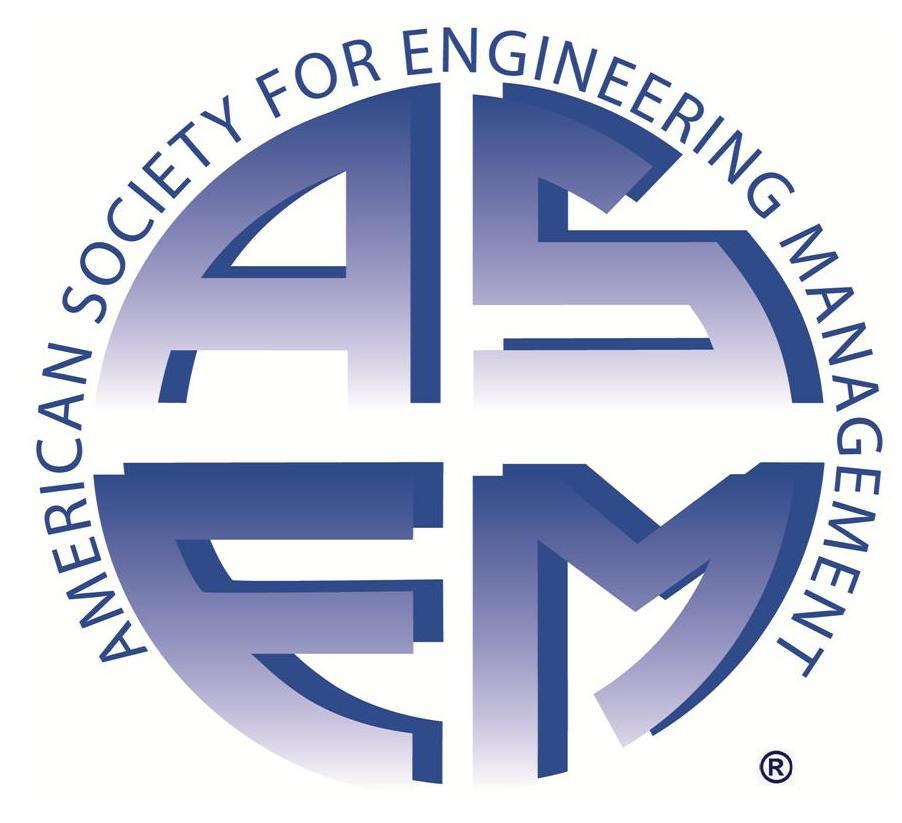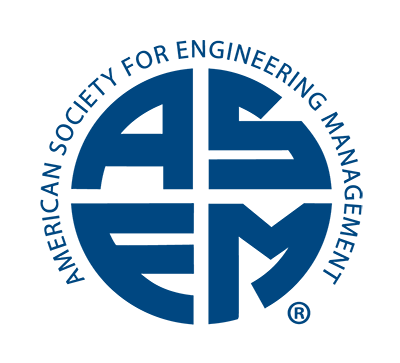Author: Frederick "Ken" Sexe
I was recently reminded of how actors acting in their best interest within a system can destroy a system in a blog by Seth Godin about the Newfoundland fishing industry in 1992. Fishermen optimizing their catch without regulation resulted in overfishing and the collapse of the northern cod species that has yet to recover in a systems phenomenon known as the tragedy of the commons (incidentally, there was a brilliant paper and presentation at the ASEM International Annual Conference that explains this in detail). This example reminds us that when individual parts of a system are optimized without consideration of the other parts it can lead to destruction of the system.
 Can a system be optimized? I have posed this question to both system thinkers and those new to systems with varying answers. Systems are difficult to optimize because of two main factors: first, systems enter into a state of homeostasis in which all of the parts within the system interact with each other to reach equillibrium. The second is that feedback within a system can be delayed resulting in insufficient information to make accurate changes to a system. Effective regulation of a system therefore requires management from outside the system so that the effects of each part of the system can be understood and regulated as required once the system reaches its point of homeostasis.
Can a system be optimized? I have posed this question to both system thinkers and those new to systems with varying answers. Systems are difficult to optimize because of two main factors: first, systems enter into a state of homeostasis in which all of the parts within the system interact with each other to reach equillibrium. The second is that feedback within a system can be delayed resulting in insufficient information to make accurate changes to a system. Effective regulation of a system therefore requires management from outside the system so that the effects of each part of the system can be understood and regulated as required once the system reaches its point of homeostasis.
This thinking runs counter to conventional wisdom in which systems can be reduced to its individual parts and each part improved individually to improve the whole. We see this from business schools to organizations to sports teams, where emphasis is placed on maximizing each of the individual parts. This tactic leads to suboptimization, especially in complex systems (although it is true that very simple systems have the most potential for improvement by improving the parts these are the exception and not the norm as some interactions may not be observable or measureable).
I concur that systems cannot be optimized in the traditional sense but can be optimized in a systemic sense by understanding the goal of the system and allowing the system to reach equilibrium. Waiting until the system has achieved equilibrium allows for accurate measurements within the system to understand variation between the parts. A system can be optimized (but not maximized) by understanding how each part within a system interacts with each other to perform the goal of the system and how changing the performance of the parts will affect the performance of the system as a whole. This optimization is short-lived however as environmental effects upon the system and interactions within the system constantly alter its performance. Any changes to a system must subsequently be followed by observation of the system once the system reaches equilibrium so that the long-term effects of the changes can be understood.
This blog posting is a combination of some basic systems theory and my opinion. I am always open to learn more from others about how they view systems and how they can be optimized. I also hope that you got something valuable from this posting and that this blog encourages others to share their knowledge about with everyone.
Frederick (Ken) Sexe is a lifelong learner currently wrapping up his PhD in Engineering Management and Organizational Psychology at Northcentral University. His hobbies include challenging prevailing patterns of thinking that discourage new ideas while developing new ways to do things. He is currently employed as a Senior Systems Engineer at Raytheon where he is taking a career break from management to pursue his educational goals and focus on his family.
